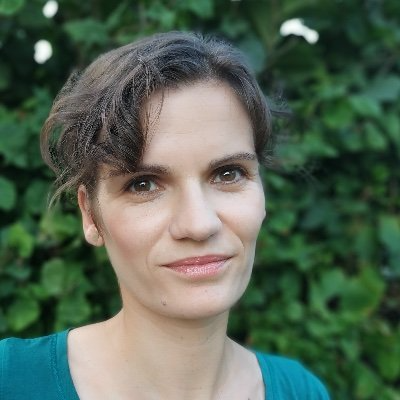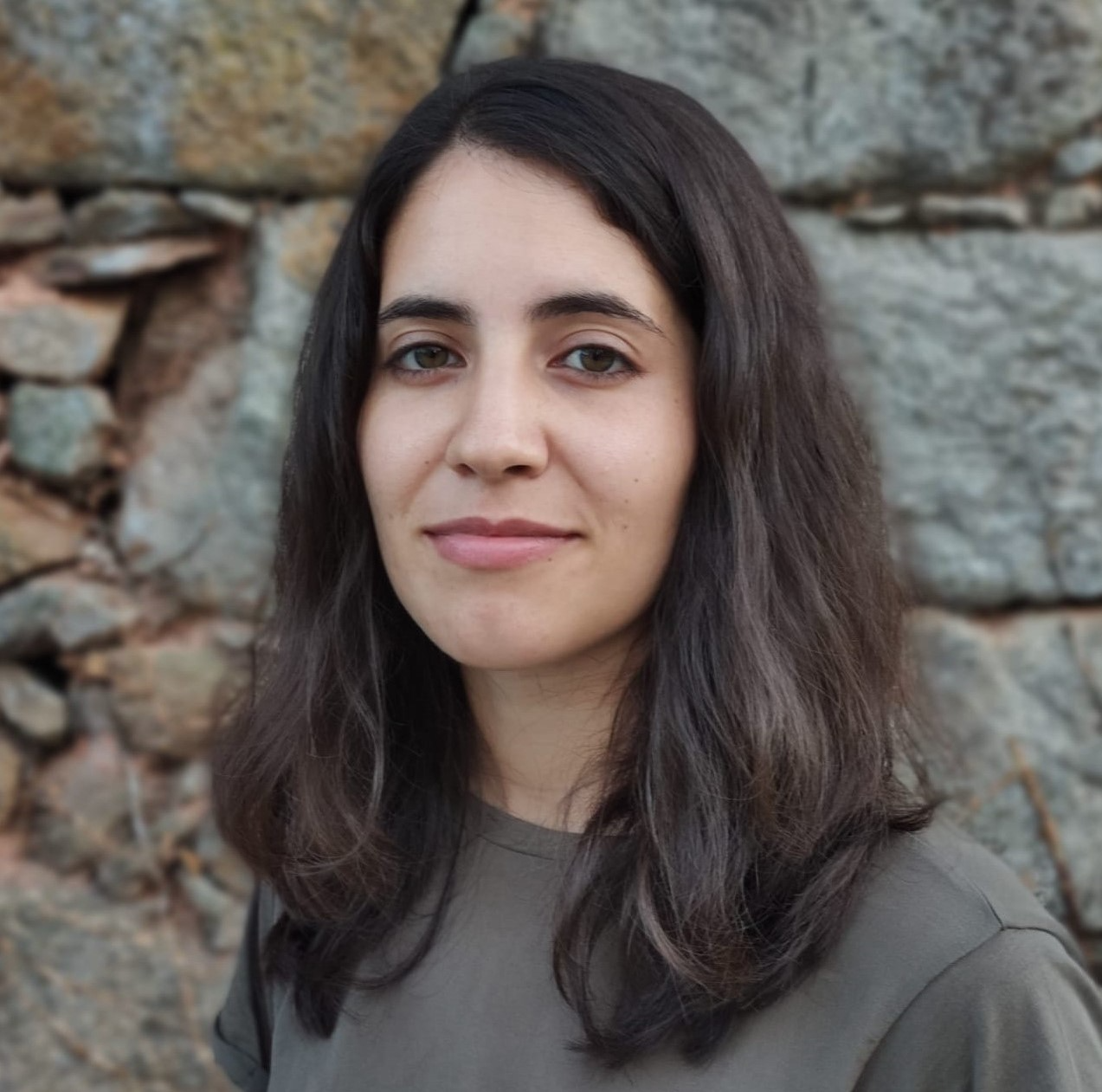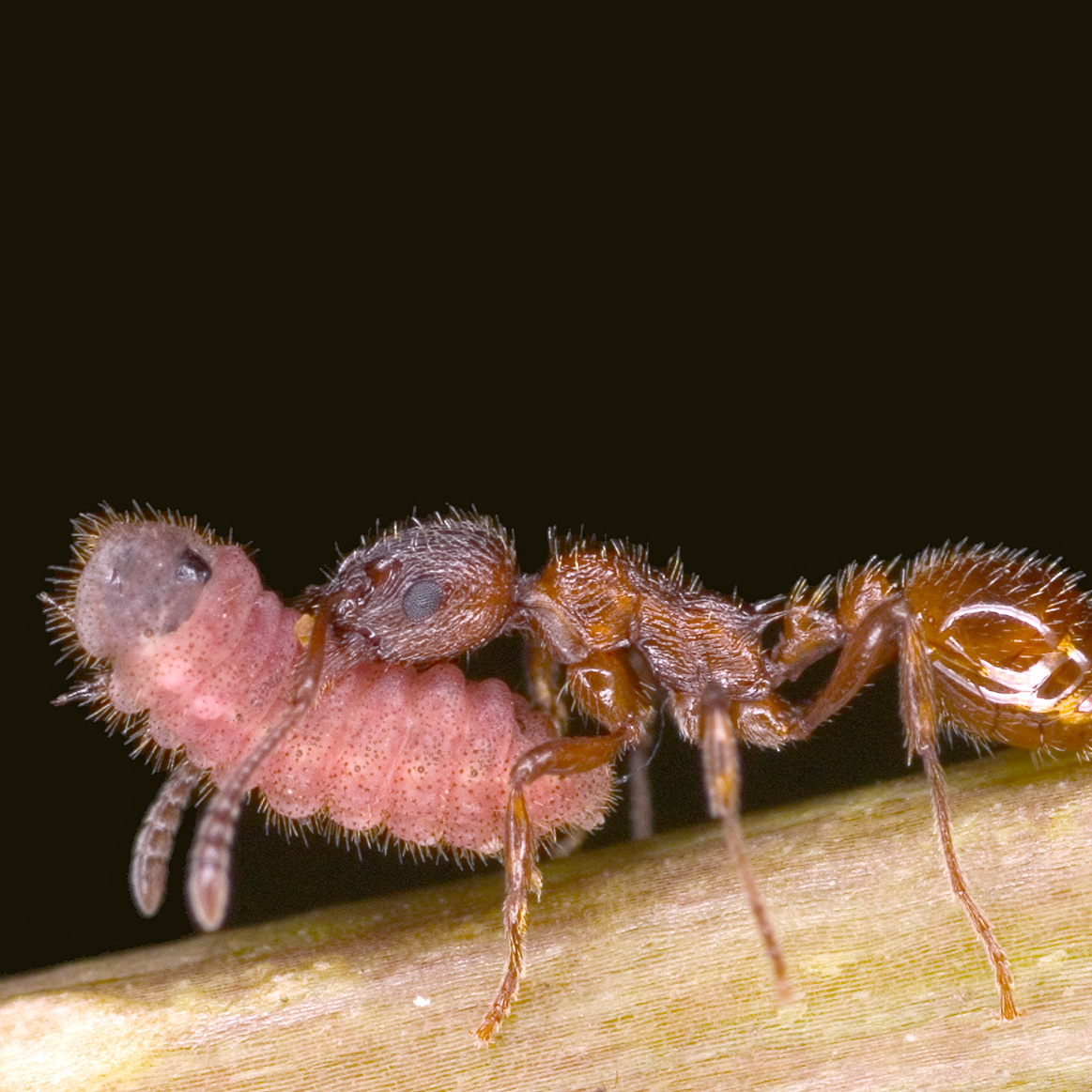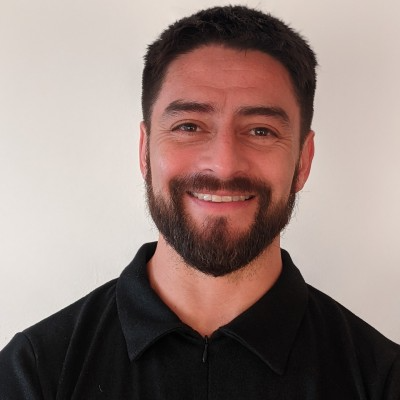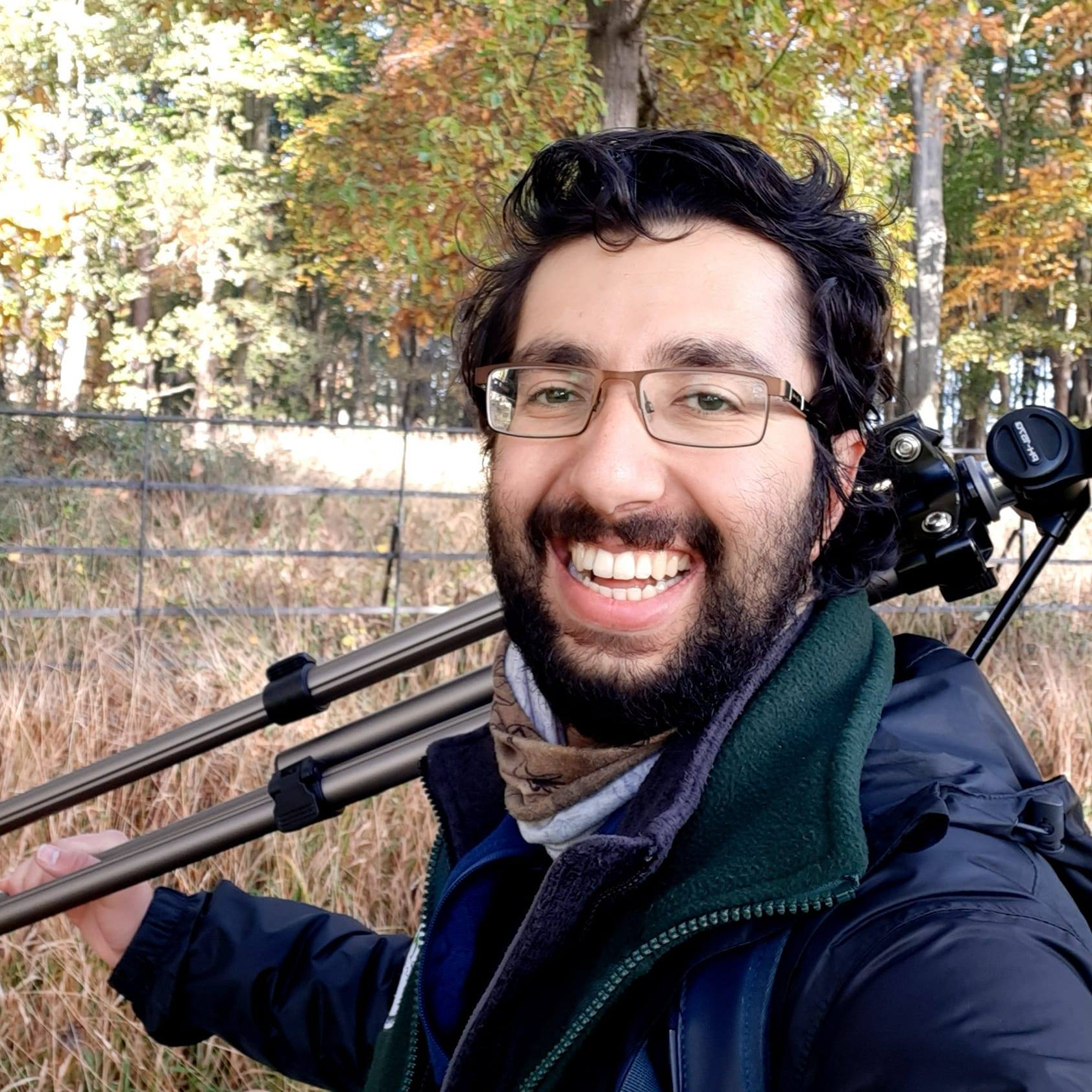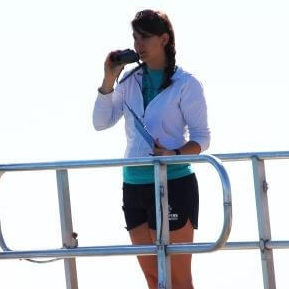SORTEE member voices – Antje Girndt
[SORTEE member voices is a weekly Q&A with a different SORTEE member]
Name: Antje Girndt.
Date: 08 July 2021.
Position: Former postdoc.
Research and/or work interests: biology & education.
Tell us about a paper that influenced your thinking on an issue of open / reliable / transparent research.
Smaldino and McElreath 2016: The natural selection of bad science https://royalsocietypublishing.org/doi/full/10.1098/rsos.160384
What was your most embarrassing coding moment?
Lots and lots of ugly plots.


